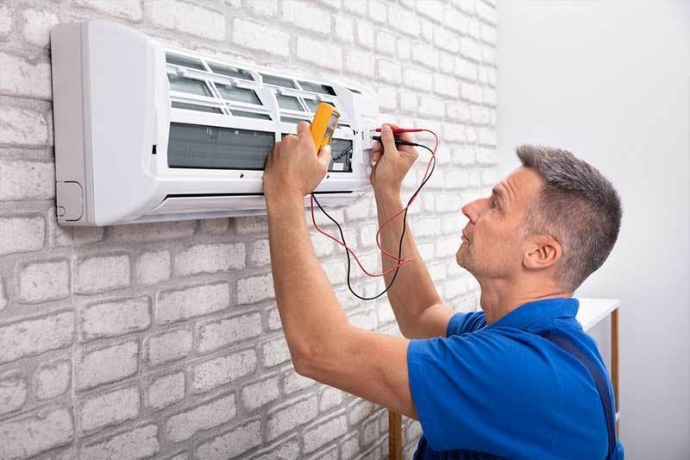The most common type of heat pump used in New Zealand is air-to-air heat pumps, which uses refrigerant to absorb heat from one space of your home and transfer it to another with the help of a heat exchanger (often a fin or coil). The electricity in a heat pump is only used when it moves the heat around, and not to generate it as the heating itself has a passive energy source.
In New Zealand, heat pumps are very popular due of their high efficiency and ‘clean’ energy image. Although most are installed to provide indoor heating, it is becoming more common to also be used for cooling during the summer months. Try your local heat pumps installation in Auckland or a city near you.
The following is list of advantages and disadvantages of using a heat pump
Advantages of using a Heat recovery ventilation in Auckland or other cities are:
- it is a very efficient source of energy conversion to heat (optimum efficiency of the pump is reached when the difference between source and supply temperatures is very small).
- it is a medium to fast source of heat
- it has the ability to provide both heating and cooling
- Many of these pumps have timer controls programmable for 7 days and some can be connected to your home Wi-Fi to allow remote control via smartphone.

Drawbacks of heat pumps include:
- an annual maintenance is essential
- there is a significant loss of efficiency as temperature dips below 6–7ºC
- there is a higher initial purchase and installation price than your traditional portable heaters
- the air is distributed is by fans, which can cause draughts and some noise
- you will enough space to install the exterior unit
- you will need to make penetrations through the weatherskin of your building
- no heating during a power outage.
Although these types of heat pumps are very efficient in heating, installing a heat pump in your facility is not likely to reduce heating bills. In a study conducted on 160 households with heat pumps, more people said that their energy costs had significantly increased since installing a heat pump than those who said their energy costs had fallen. Only 15% described running costs as excellent. Occupants keep their homes warmer than previously.
Heat pumps is not a replacement for good insulation. The study also found that half of the households that achieved less than 18°C average winter evening temperatures had no or poor insulation.
How heat pumps work
Heat pump operates on a very similar principle to that of a fridge. The refrigerant flows through the connected indoor and outdoor coils. When in heating mode, as the liquid refrigerant flows to the outdoor coil and it passes through an expansion valve which creates rapid expansion of the liquid, causing it to become a gas. This results in very rapid cooling of the refrigerant. Then as it continues to flow through the outdoor coil, it is able to absorb heat energy from the air.

